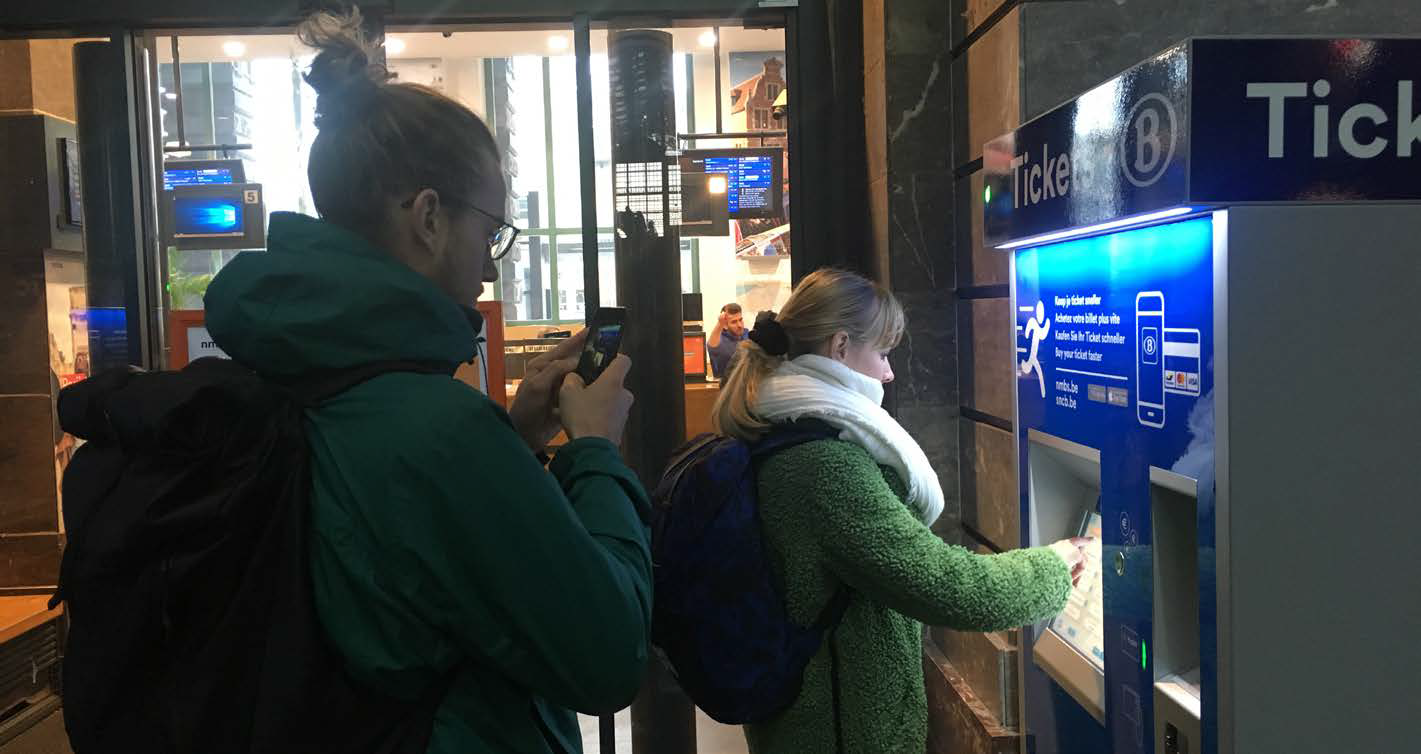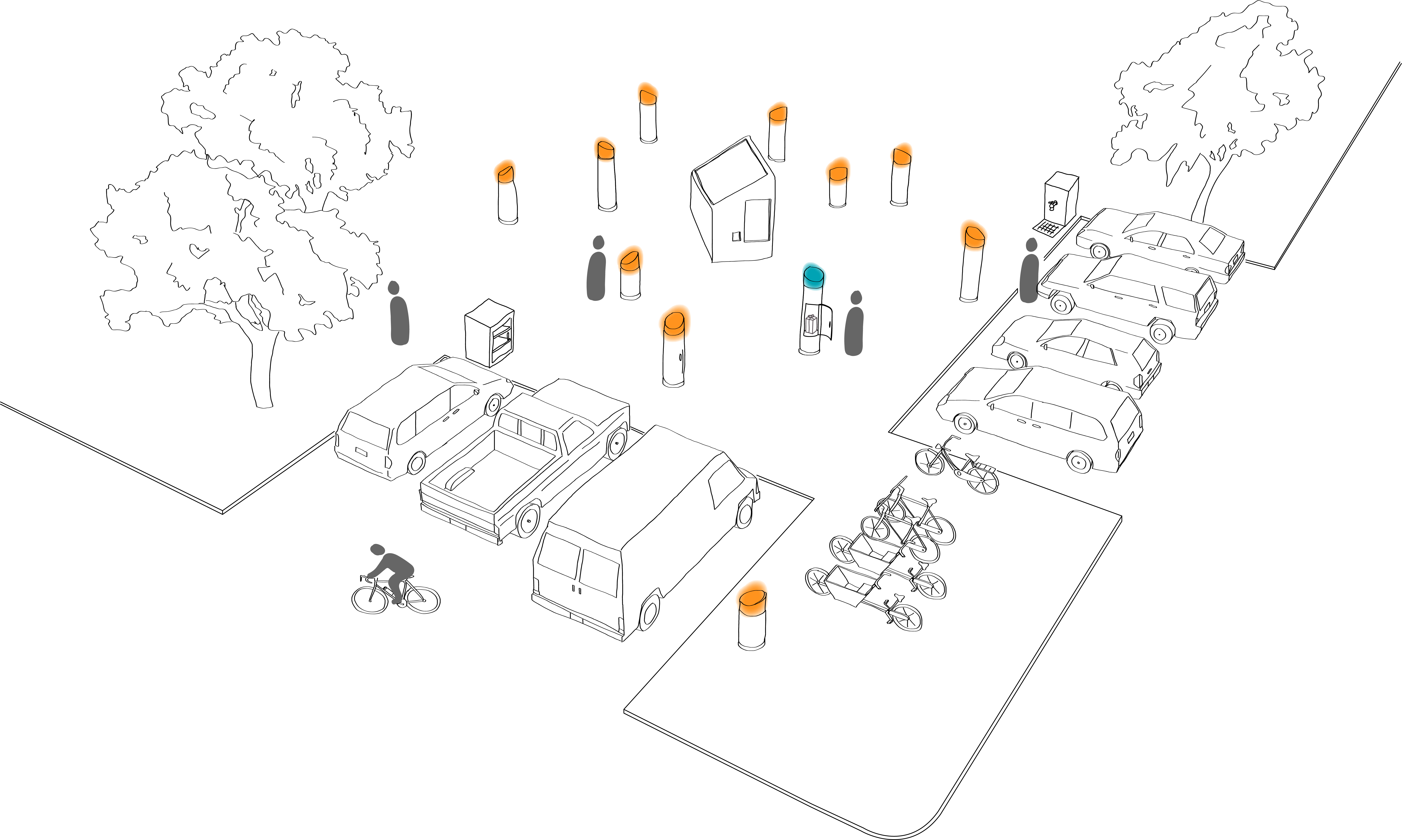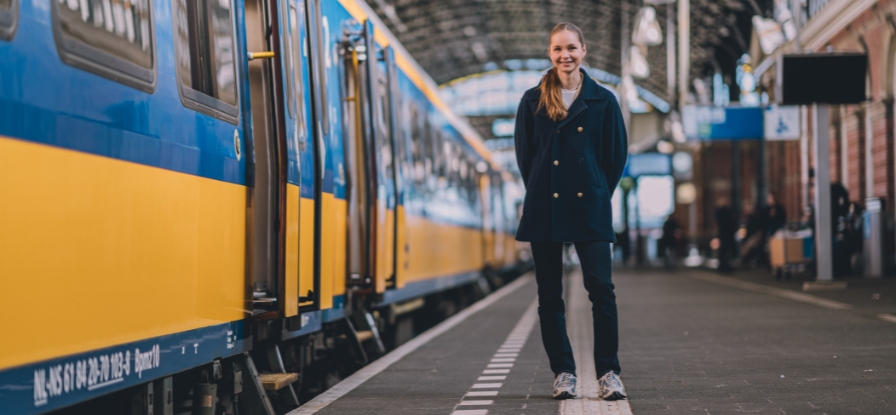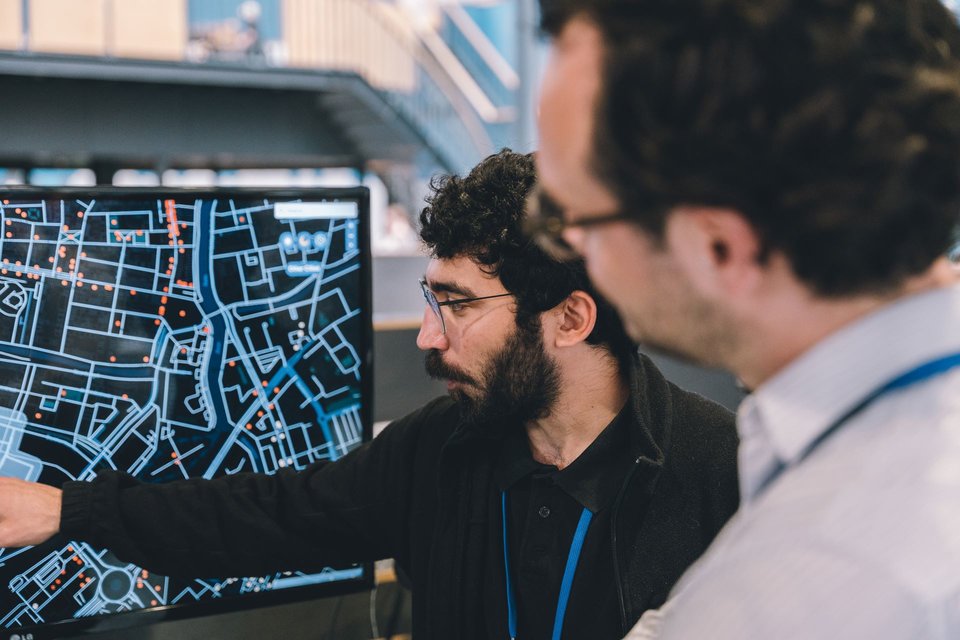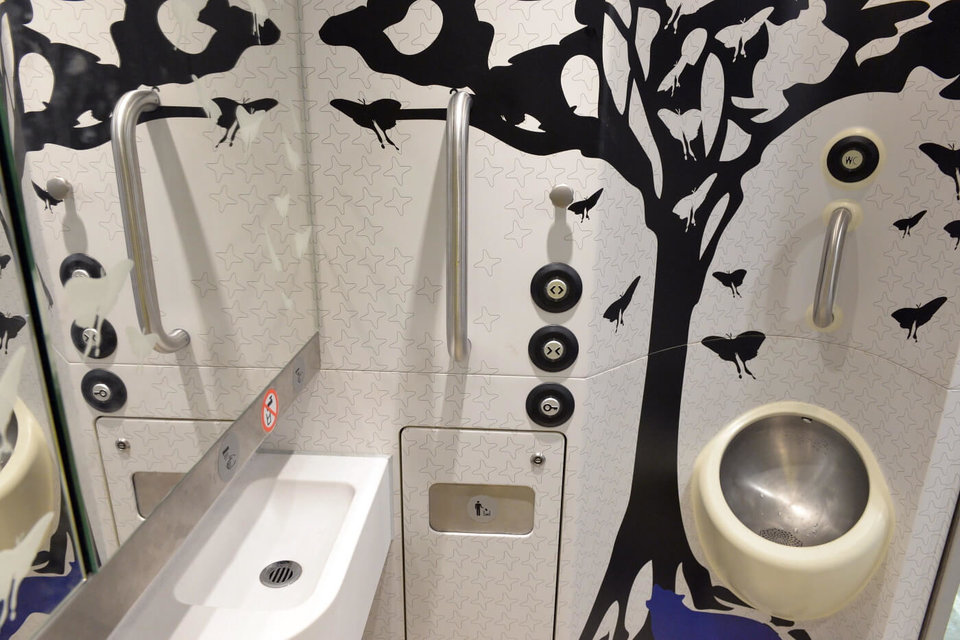User-centered Mobility Services
What if instead of owning your own means of mobility, you have a subscription to a wide variety of transportation options. From trains and shared electric cars to taxis and electric (cargo-)bicycles. Smart technology now enables us to approach ‘mobility’ as a service, instead of a product. Mobility as a Service, or MaaS, is being implemented in a variety of forms throughout European cities and promises to reduce congestion and pollution in major cities. But how can we make this product-service system work for people? What do travelers actually want?
Possible positive effects of MaaS include a more spread out demand of public transportation and car-traffic throughout the day. And perhaps a better accessibility of areas at the periphery of urban areas. One of the risks of MaaS, however, is the strong focus on the technological possibilities and possible societal benefits such as improved livability for cities and less congestion. In the current discussion though, the individual needs of each traveler are not yet taken into account. This could result in low acceptation and low adoption of MaaS solutions. Therefore, it is the goal of the User-centered Mobility Services project to lead development of future personal mobility services with a focus on the ideal individual traveler’s perspective and experience: attractive, inclusive and user-friendly right from the moment of introduction.
The approach of the User-centered Mobility Services project is based on qualitative research methods such as interviews, observations in the field and auto-ethnographic research. It is aimed at revealing conscious and unconscious travel behaviour and actions. Key aspect is an iterative design research approach where users and other stakeholders are quickly involved for their feedback on new and improved ideas, scenario’s and prototypes.
This project is part of the Seamless Personal Mobility Delft Design Lab. Here, students and researchers of Industrial Design Engineering at TU Delft work together with transport operators, mobility companies, government and technology developers to get a better understanding of the (future) wants, needs and behaviour of travellers. Partners include Translink, RET, GVB, 9292, ClickNL and the Dutch Ministry of Infrastructure and Water Management.

